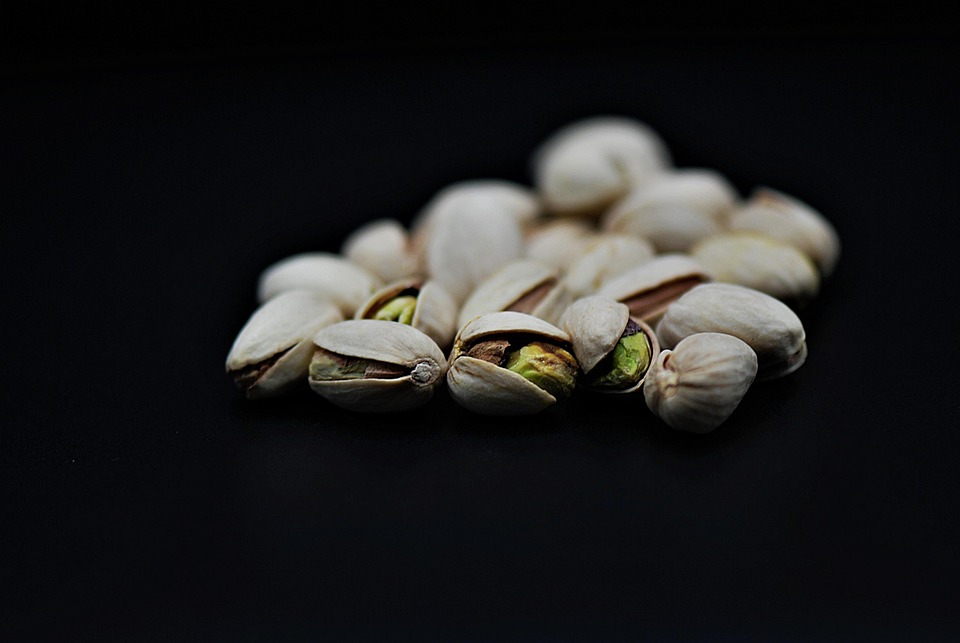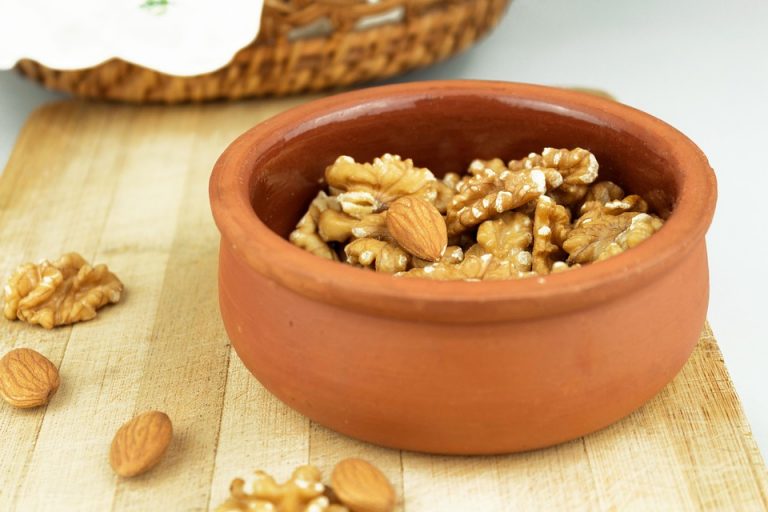Ever felt that comforting crunch of pistachios in between tasks? The slight saltiness, the rich flavor—it’s more than just a snack. It turns out that these small green nuts pack a punch, especially when it comes to bone health. If you’ve been curious about how your diet can influence your bones, let’s delve into why incorporating pistachios could be a game-changer.
Contents
1. Rich in Essential Nutrients
Pistachios are a powerhouse of important nutrients for bone health. Specifically, they contain calcium, magnesium, and potassium—three minerals that play critical roles in supporting bone density and strength.
-
Calcium, of course, is the cornerstone of bone health. A study by Weaver et al. (2016) emphasizes the need for dietary calcium, especially in populations at risk for osteoporosis. Pistachios contribute a small yet valuable amount of calcium; a one-ounce serving contains around 30 mg.
-
Magnesium helps convert vitamin D into its active form, which is essential for calcium absorption in the bones. According to research by Barbagallo & Dominguez (2010), studies have shown that adequate magnesium intake may reduce the risk of osteoporosis and enhance overall bone strength.
-
Potassium plays a role in maintaining the body’s acid-base balance, which is vital for calcium retention in bones. A study published in the American Journal of Clinical Nutrition (2008) by Frassetto et al. found a positive relationship between potassium intake and bone mineral density.
By munching on pistachios, you’re not just enjoying a tasty snack; you’re also bolstering your bone health with essential minerals.
2. High in Antioxidants
Pistachios are unique among nuts for their high content of antioxidants. Specifically, they contain compounds like lutein and beta-carotene, which have been shown to protect against oxidative stress.
Oxidative stress can damage bone cells and lead to bone resorption (the process where bone is broken down and its minerals released into the bloodstream), which is particularly harmful in conditions like osteoporosis.
A study conducted by Lee et al. (2016) supports this, revealing that antioxidants can help maintain bone health by reducing oxidative damage. Incorporating pistachios in your diet means introducing more antioxidants into your system, which helps support bone regeneration and maintenance.
3. Protein-Rich Snack
When thinking about foods that support bone health, protein might not be the first thing that comes to mind. However, protein is fundamental to bone resorption and formation.
Pistachios are a great protein source, offering about 6 grams per ounce. Research published in the American Journal of Clinical Nutrition (2009) suggests that a diet high in protein can have a positive impact on bone mineral health. The study by Tang et al. found that higher protein intake led to improved bone density and a more robust skeletal structure.
For vegetarians and those who may not consume enough animal products, adding pistachios can be an effective strategy to ensure adequate protein intake, thereby supporting bone health.
4. Potentially Lowering Bone Resorption
There’s emerging evidence suggesting that certain foods not only promote bone formation but also help reduce bone resorption. This balance is key in maintaining bone health, especially as we age.
Pistachios may play a role in achieving this balance. A study by Yoon et al. (2016) demonstrated that certain phytonutrients found in pistachios could help inhibit the activity of osteoclasts, the cells responsible for bone resorption. While more research is needed to fully understand this interaction, the initial findings are promising.
By including pistachios as part of a balanced diet, there’s a chance to lower bone loss while supporting mineralization, ultimately leading to stronger bones.
5. Healthy Fats for Bone Health
Often viewed as a treat, pistachios contain healthy monounsaturated fats, which can positively affect bone health.
A study by Kiefer et al. (2016) highlights how healthy fats can enhance calcium absorption, making calcium more bioavailable to the body. Moreover, diets rich in monounsaturated fats have been associated with decreased risk of osteoporosis.
Unlike saturated fats, which can have adverse health effects, the healthy fats in pistachios can create a favorable environment for nutrient absorption, which may, in turn, support bone integrity.
Conclusion
Incorporating pistachios into your diet may be a delicious way to not only satisfy your cravings but also support your bone health. Their rich nutrient profile, wealth of antioxidants, ample protein, and healthy fats make them a fantastic addition to both snacks and meals. However, as with any dietary change, it’s important to consult with a healthcare provider, especially if you have existing health concerns.
Next time you’re craving something crunchy, reach for a handful of pistachios, knowing you’re fueling not just your hunger but also taking steps to support your bones for years to come.
FAQs
1. How many pistachios should I eat for bone health?
Aim for about 1 ounce (approximately 49 pistachios) per day to incorporate the beneficial nutrients without excessive calories.
2. Are there any risks to eating too many pistachios?
While pistachios are nutritious, they are also calorie-dense. Overeating could lead to weight gain if not balanced with overall caloric intake. Moderation is key.
3. Can pistachios replace other calcium sources?
While they do contain calcium, pistachios shouldn’t replace primary sources of calcium like dairy products or fortified foods, but they can certainly complement them.
4. What are other foods good for bone health?
Other excellent options include leafy greens, almonds, fish (like salmon), and fortified plant-based milks—all contributing to a balanced intake of essential nutrients for bone strength.
References
- Weaver, C. M., et al. (2016). Calcium and Bone Health. Nutrients. URL: https://www.mdpi.com/2072-6643/8/6/334
- Barbagallo, M., & Dominguez, L. J. (2010). Magnesium and Aging. Current Pharmaceutical Design. URL: https://www.ncbi.nlm.nih.gov/pubmed/20038609
- Frassetto, L., et al. (2008). Potassium: A Possible Factor in Calcium Retention and Bone Health. American Journal of Clinical Nutrition. URL: https://academic.oup.com/ajcn/article/88/3/658/4576658
- Lee, J. E., et al. (2016). Effects of Antioxidants on Bone Health. Nutrients. URL: https://www.mdpi.com/2072-6643/8/12/740
- Tang, B. M., et al. (2009). Protein Intake and Bone Health. American Journal of Clinical Nutrition. URL: https://academic.oup.com/ajcn/article/89/1/1/4596719
- Yoon, S. D., et al. (2016). Phytonutrients and Bone Health. Nutrition Reviews. URL: https://academic.oup.com/nutritionreviews/article/74/5/297/2667052
- Kiefer, D., et al. (2016). Effects of Dietary Fats on Calcium Absorption and Bone Health. Journal of Nutrition and Metabolism. URL: https://www.ncbi.nlm.nih.gov/pmc/articles/PMC4995783/
Get Your FREE Natural Health Guide!
Subscribe now and receive our exclusive ebook packed with natural health tips, practical wellness advice, and easy lifestyle changes, delivered straight to your inbox.




